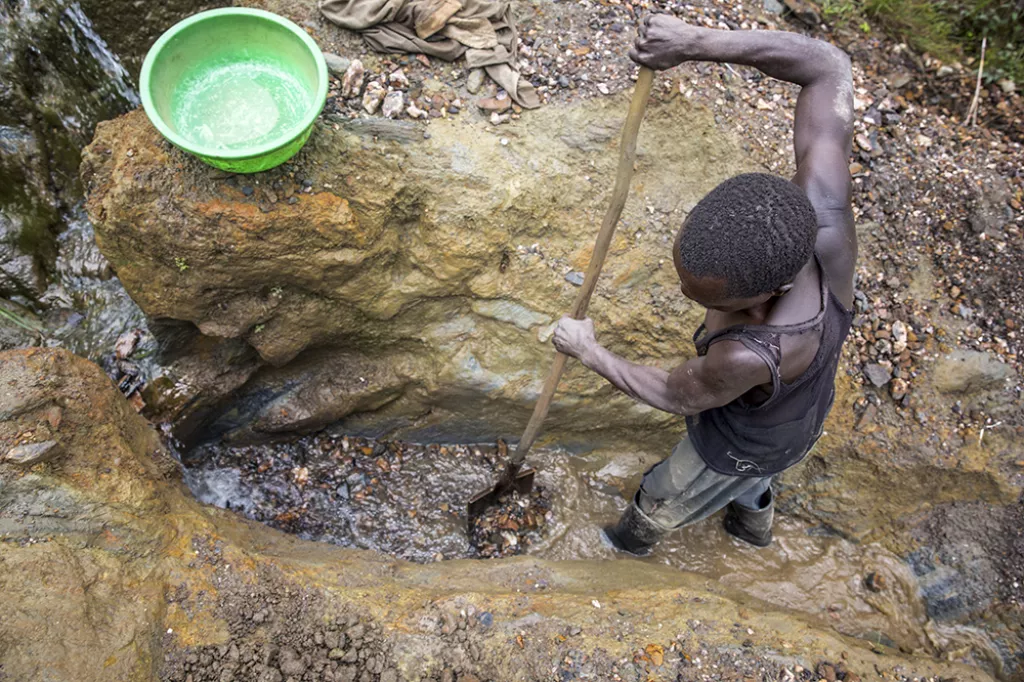Take no risks!

Swedish companies may contribute to violations of human rights and a destroyed environment, either through their own operations or their suppliers. The risks are particularly high when it comes to the extraction of natural resources. Violations can occur in oil extraction in countries experiencing armed conflict, toxic mining waste can lead to environmental pollution and health problems and deforestation can threaten indigenous people.
A new toolkit to help identify human rights risks
How can companies be aware of effects that their own operations or business relations contribute to? Which are the main risks and how should these be addressed? Find the answers to these questions and many more in Forum Syd’s new digital toolkit “Take no risks”. The material focuses on extractive industries, since this is a high-risk sector that can have a serious negative impact on people and the environment.
The toolkit provides you with descriptions and concrete examples of the most common risks facing companies with operations around the world, as well as practical exercises and links to useful material from civil society organisations, EU, OECD and the UN. The material will give you a better understanding about companies’ responsibilities when it comes to human rights and the environment.
This toolkit is targeted to companies and civil society organisations. Whether you work with corporate social responsibility, investigate companies’ behaviour or want to increase your awareness of these issues since your organisation encounters business operations in countries across the world, the toolkit provides you with insightful information on how to prevent human rights violations and environmental pollution.
Andra nyheter

The power of people powered Public-Private Partnerships
Public–Private Partnerships (PPPs) are often discussed in terms of roads, power plants, housing, and other large infrastructure projects. But as discussed on the People’s Partnership Podcast, PPPs are...

ForumCiv’s social media accounts labelled as “extremist materials” in Belarus
Important message to our Belarusian followers. Any interaction with our content can now lead to legal consequences in Belarus. Please read the information below and take the necessary precautions for...

ForumCiv enters new strategic partnership
ForumCiv is proud to announce a new three-year strategic partnership with Sida, totalling SEK 137 million.